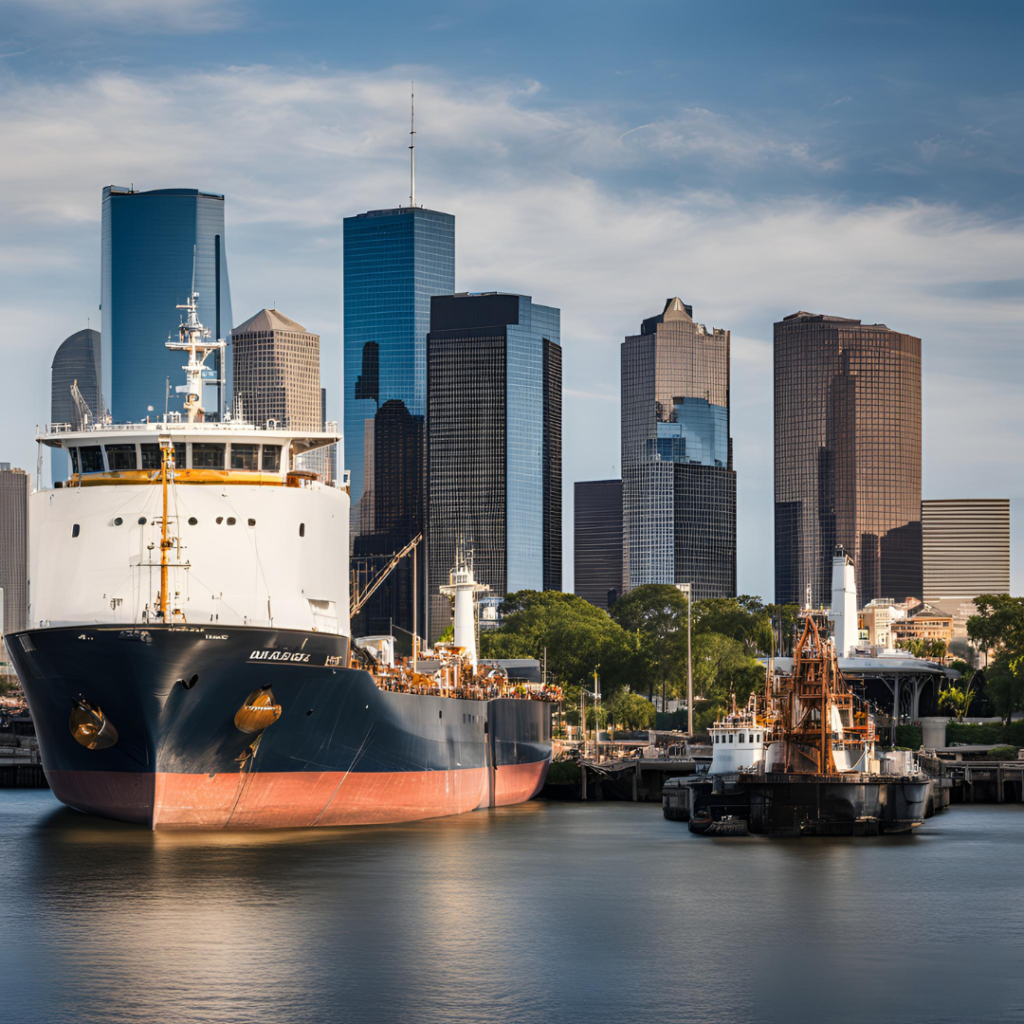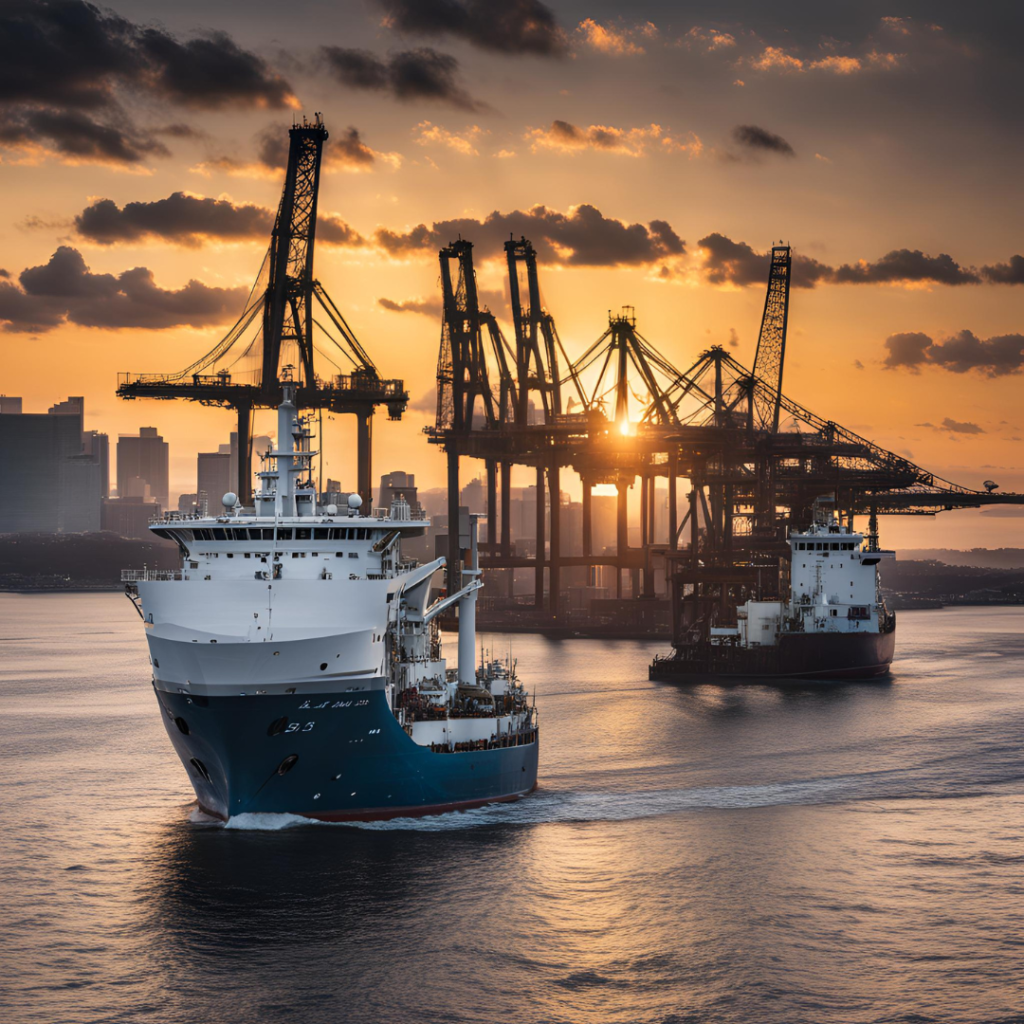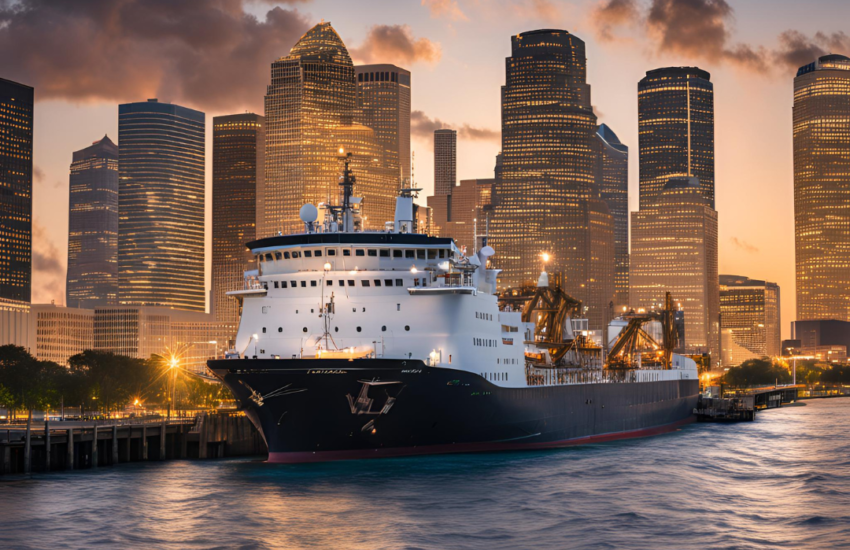Maritime law, also known as admiralty law, governs legal issues related to navigable waters. As global trade and maritime activities continue to evolve, so does the field of maritime law. In Houston, a major hub for maritime commerce, attorneys are at the forefront of these changes. This article will explore the future trends in maritime law and provide insights from Houston maritime attorneys. We’ll also address some frequently asked questions (FAQs) about maritime law to help you understand its complexities better.

The Evolution of Maritime Law
Maritime law has a long history, dating back to ancient civilizations that relied on sea trade. Over time, it has developed into a complex legal framework that addresses various issues, including shipping, navigation, marine resources, and environmental protection. Today, maritime law is influenced by both national and international regulations, making it a dynamic and ever-evolving field.
Future Trends in Maritime Law
- Technological Advancements
The maritime industry is undergoing significant technological transformations. Automation, artificial intelligence (AI), and blockchain are reshaping how maritime operations are conducted. Houston maritime attorneys predict that these technologies will bring about new legal challenges and opportunities.
- Automation and AI: The use of autonomous ships and AI-driven navigation systems is on the rise. While these technologies promise increased efficiency and safety, they also raise questions about liability and regulatory compliance. Maritime attorneys will need to navigate these complexities to protect their clients’ interests.
- Blockchain: Blockchain technology is being explored for its potential to enhance transparency and security in maritime transactions. Smart contracts, powered by blockchain, can streamline processes such as cargo tracking and payment settlements. However, the legal implications of blockchain adoption will require careful consideration.
- Environmental Regulations
Environmental concerns are increasingly influencing maritime law. Governments and international organizations are implementing stricter regulations to protect marine ecosystems and reduce pollution. Houston maritime attorneys foresee a growing emphasis on environmental compliance in the maritime industry.
- Emissions Reduction: The International Maritime Organization (IMO) has set ambitious targets to reduce greenhouse gas emissions from ships. This will require shipping companies to adopt cleaner technologies and practices. Attorneys will play a crucial role in ensuring compliance with these regulations.
- Marine Pollution: Preventing oil spills and other forms of marine pollution remains a top priority. New regulations and enforcement mechanisms will be introduced to hold polluters accountable. Maritime attorneys will assist clients in navigating these complex regulatory landscapes.
- Maritime Security
Maritime security is a pressing concern in an increasingly interconnected world. Piracy, terrorism, and cyber threats pose significant risks to the maritime industry. Houston maritime attorneys anticipate a greater focus on security measures and legal frameworks to address these threats.
- Piracy and Terrorism: Legal measures to combat piracy and terrorism at sea are evolving. Attorneys will work on cases involving security breaches, hijackings, and ransom negotiations, ensuring that legal protections are in place.
- Cybersecurity: As maritime operations become more digital, the risk of cyberattacks increases. Attorneys will need to stay abreast of cybersecurity regulations and assist clients in developing robust security protocols.
- Global Trade and Shipping Routes
Changes in global trade patterns and the opening of new shipping routes, such as the Arctic route, will impact maritime law. Houston maritime attorneys foresee legal challenges related to navigation rights, territorial disputes, and the regulation of new trade routes.
- Arctic Shipping: Melting ice in the Arctic is opening up new shipping routes, raising legal questions about jurisdiction and environmental protection. Attorneys will need to navigate the complexities of Arctic maritime law.
- Trade Agreements: Shifts in global trade agreements and tariffs can affect maritime commerce. Attorneys will advise clients on compliance with new trade regulations and dispute resolution.
- Crew Welfare and Labor Rights
The welfare of seafarers and their labor rights are gaining attention in maritime law. Houston maritime attorneys predict increased advocacy for better working conditions and legal protections for maritime workers.
- Crew Welfare: Ensuring the health and safety of seafarers is a priority. Attorneys will handle cases related to workplace injuries, labor disputes, and compensation claims.
- Human Rights: Addressing issues such as human trafficking and forced labor in the maritime industry will require robust legal frameworks. Attorneys will play a crucial role in advocating for the rights of maritime workers.
Insights from Houston Maritime Attorneys
Houston is home to a thriving maritime industry, with its strategic location on the Gulf of Mexico and its bustling port. Maritime attorneys in Houston bring valuable insights into the future trends and challenges facing the industry.
- Adapting to Change: Houston maritime attorneys emphasize the importance of staying updated with the latest technological advancements and regulatory changes. They advise clients to invest in compliance and risk management to stay ahead in a rapidly evolving industry.
- Collaboration and Innovation: Attorneys in Houston highlight the need for collaboration between legal experts, industry stakeholders, and regulators. By working together, they can develop innovative solutions to address emerging challenges.
- Environmental Stewardship: Houston maritime attorneys stress the importance of environmental stewardship. They encourage clients to adopt sustainable practices and comply with environmental regulations to protect marine ecosystems.

Frequently Asked Questions (FAQs)
1. What is maritime law?
Maritime law, also known as admiralty law, governs legal issues related to navigable waters, including shipping, navigation, marine resources, and environmental protection.
2. Why is maritime law important?
Maritime law is crucial for regulating international trade, protecting marine environments, ensuring the safety of maritime operations, and resolving disputes related to maritime activities.
3. How do technological advancements impact maritime law?
Technological advancements such as automation, AI, and blockchain introduce new legal challenges related to liability, regulatory compliance, and security. Maritime attorneys must navigate these complexities to protect their clients’ interests.
4. What are the key environmental regulations in maritime law?
Key environmental regulations include emissions reduction targets set by the International Maritime Organization (IMO) and measures to prevent marine pollution, such as oil spills.
5. How does maritime law address security threats?
Maritime law addresses security threats such as piracy, terrorism, and cyber threats through legal measures, enforcement mechanisms, and regulations. Attorneys play a crucial role in ensuring compliance and handling security-related cases.
6. What are the challenges of new shipping routes like the Arctic route?
New shipping routes, such as the Arctic route, raise legal questions about jurisdiction, navigation rights, and environmental protection. Maritime attorneys must navigate these complexities to ensure compliance with international law.
7. How does maritime law protect the rights of seafarers?
Maritime law protects the rights of seafarers by addressing issues such as workplace safety, labor disputes, compensation claims, and human rights violations. Attorneys advocate for better working conditions and legal protections.
8. What role do Houston maritime attorneys play in the industry?
Houston maritime attorneys provide legal expertise, advise on compliance and risk management, and advocate for environmental stewardship and the rights of maritime workers. They play a crucial role in navigating the evolving maritime landscape.
9. How can maritime companies ensure compliance with new regulations?
Maritime companies can ensure compliance by staying updated with the latest regulatory changes, investing in compliance and risk management, and seeking legal advice from experienced maritime attorneys.
10. What is the future outlook for maritime law?
The future outlook for maritime law includes addressing technological advancements, stricter environmental regulations, increased focus on security, changes in global trade patterns, and advocacy for seafarers’ rights. Maritime attorneys will play a key role in navigating these trends.

Conclusion
Maritime law is a dynamic field that continues to evolve in response to technological advancements, environmental concerns, security threats, and changes in global trade. Houston maritime attorneys are at the forefront of these developments, providing valuable insights and legal expertise to navigate the complexities of the maritime industry. By staying updated with the latest trends and collaborating with industry stakeholders, they help ensure compliance, protect the rights of maritime workers, and promote sustainable practices.
As the maritime industry continues to grow and evolve, the role of maritime attorneys will remain crucial in addressing emerging legal challenges and advocating for the interests of their clients. Whether you are involved in shipping, navigation, marine resources, or environmental protection, understanding the future trends in maritime law will help you stay ahead in this ever-changing landscape.
